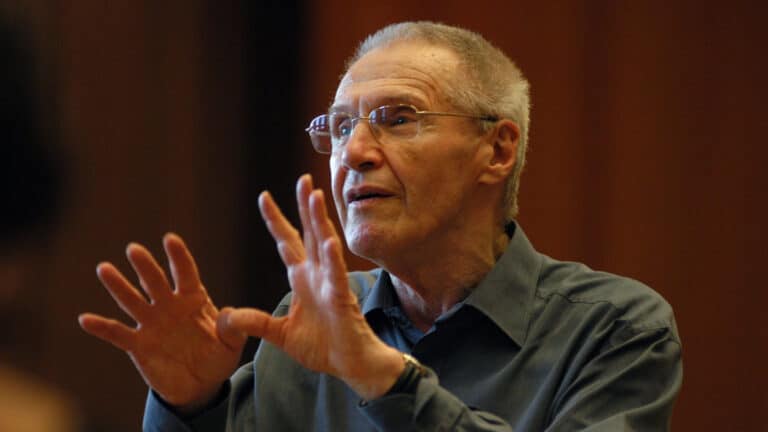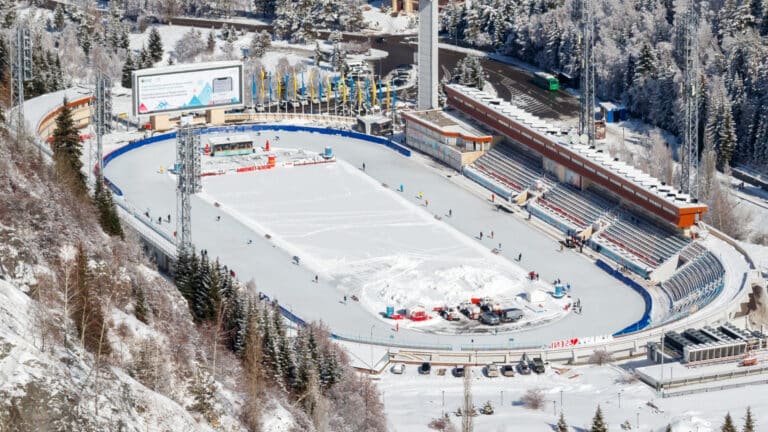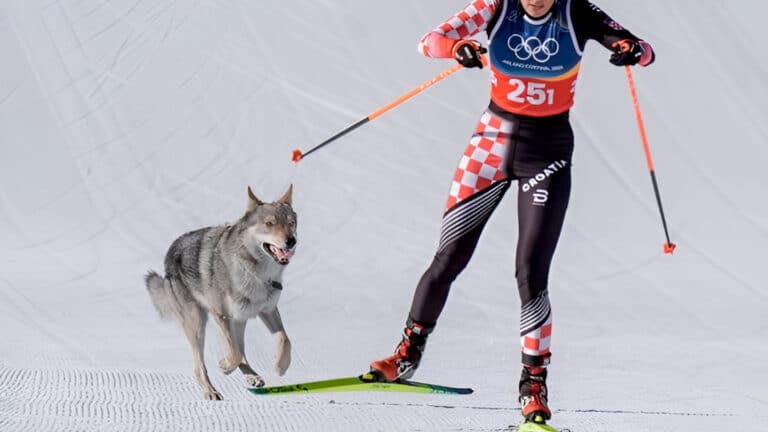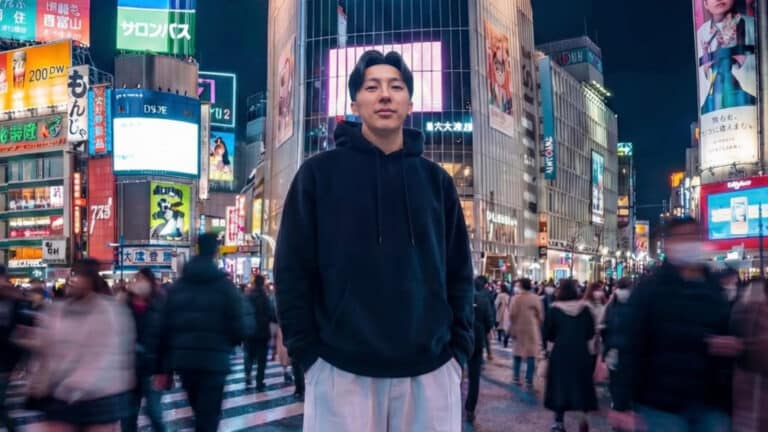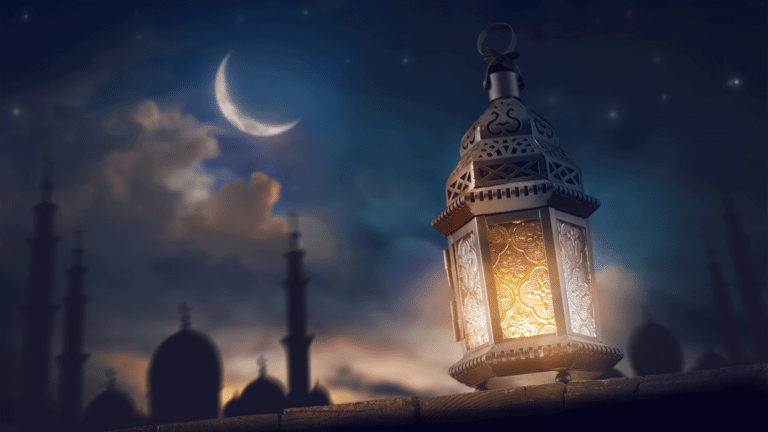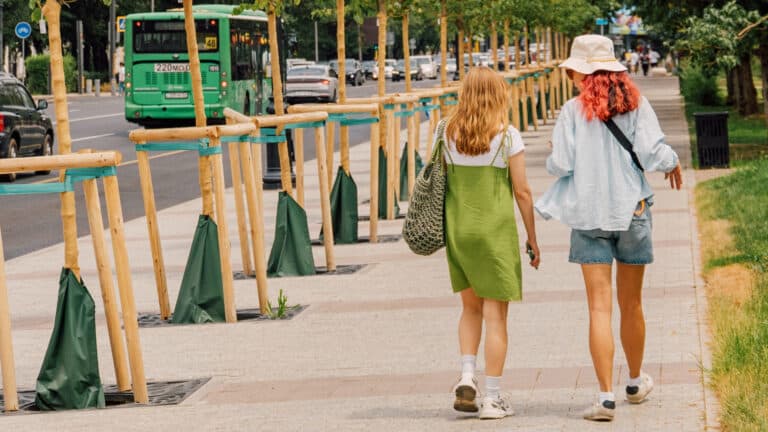
On Nov. 19, 2024, people in Ukraine marked 1,000 days since Russia’s full-scale invasion — a period defined by devastation, loss and extraordinary resilience. On the eve of this somber milestone, the photo exhibition «Beyond the Silence» opened at Egin Art Space in Almaty. The exhibition explores themes of territory and struggle across five countries. This article offers an overview of the photographers’ works, as reported by a Kursiv LifeStyle correspondent who attended the event.
Since the onset of the full-scale Russian invasion on Feb. 24, 2022, Ukraine has faced immense challenges. These hardships resonate deeply with Kazakhstani society, given that the country shares a border with Russia, the longest land border in the world. Meanwhile, the global picture of conflict is stark.
According to the Geneva Academy of International Humanitarian Law and Human Rights, there are currently 110 armed conflicts worldwide. Research by the Peace Research Institute Oslo reveals that the past three years have been the most violent globally since World War II. Among the deadliest conflicts today are the civil war in Ethiopia, the Russian invasion of Ukraine and the bombing of Gaza.
In an era when the internet is the primary source of information, people are bombarded daily with tens of thousands of conflicting news stories. «Beyond the Silence» uses photography to cut through the noise, offering authentic narratives and capturing the lived experiences of individuals in conflict zones.
«The project aims to explore the interconnectedness of five countries — Ukraine, Kazakhstan, Mexico, Nigeria and Myanmar — through a dialogue between photographers, sharing their stories, experiences and reflections on common challenges,» says Kateryna Radchenko, the exhibition’s curator. «In Kazakhstan, photographers focused on the concept of ‘Territory,’ examining themes of territorial integrity, political boundaries and identity. In Nigeria, where violence has long been a part of daily life, the challenge was to create images that convey notions of struggle and adaptation. These concepts are reframed through the lens of Ukraine, where war compels us to grapple with similar ideas.»
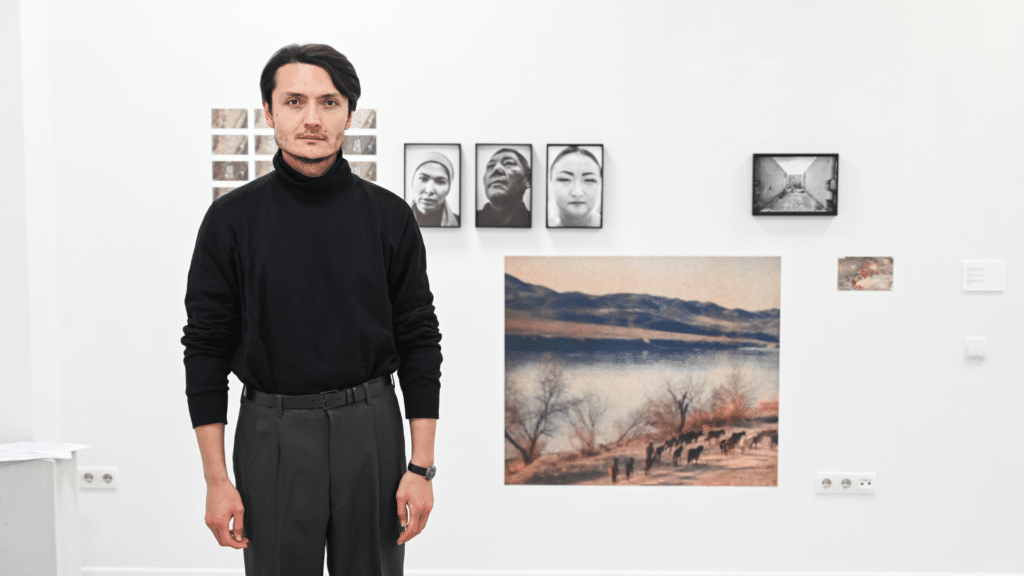
Kazakhstani photographer Yadykar Ibraimov contributed the work «Tono-naan is at home, but where is home?» It delves into the lives of those whose worlds were shattered by China’s re-education camps in Xinjiang, the historical homeland of the Uyghur people. China assumed control of the region in 1949. According to the United Nations, over 1 million members of Muslim minority groups, primarily ethnic Uyghurs, have been detained in China since the spring of 2017. (The government of China denies this information.)
Ibraimov’s photos powerfully capture families torn apart, cultures erased and lives irrevocably changed. This tragedy is far from over. Many have fled persecution in the Uyghur region, enduring torture and oppression. Others remain, living under constant pressure and fear in their homeland.
The work of Ukrainian photographer Mykhaylo Palinchak, «Occupation Diaries,» highlights the experiences of individuals who found the courage to document their daily lives under occupation. The project combines photographs of its subjects with excerpts from their diaries, personal belongings and images of liberated Ukrainian territories. On the one hand, it might have been easier to erase these painful memories. On the other, their documentation stands as a vital testament to the aggression they endured, offering an authentic narrative for the world to witness.

«The primary goal of the exhibition is to highlight the interconnectedness of countries and continents, even when it’s not immediately obvious. Take Kazakhstan and Nigeria, for example. How could two such distant places have anything in common? Yet, the themes explored by the photographers resonate in both. This project focuses on global connections and how world conflicts affect each of these regions,» said Gaukhar Satpayeva, the project’s coordinator in Kazakhstan.
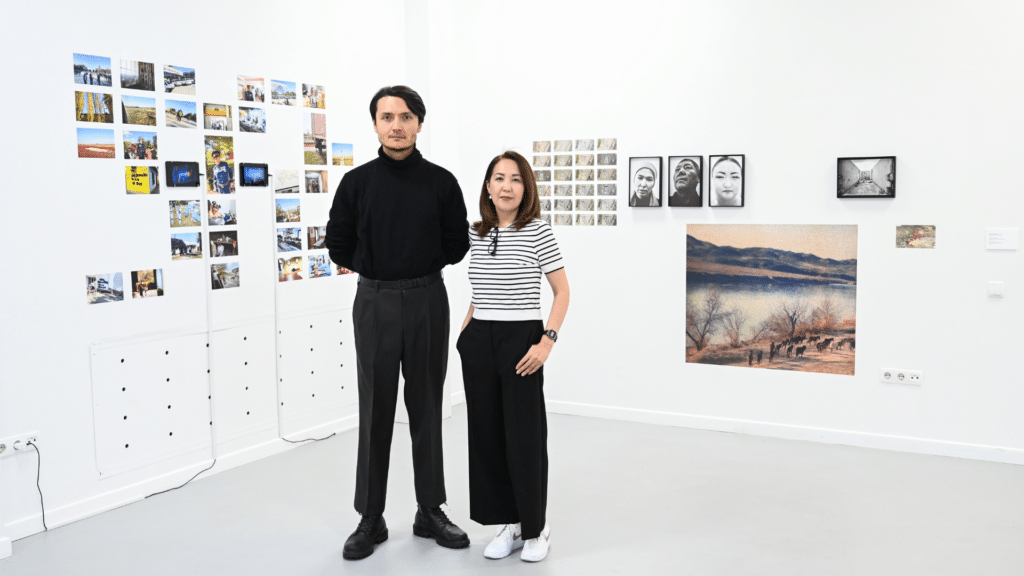
Thomas Dvořák, a German photographer, offers an exploration of what could be described as the modern Iron Curtain. His work documents northern Kazakhstan along the Russian border, capturing the multicultural and multiethnic identity of the region. He also examines the lingering impact of Soviet history on its social and cultural fabric. Everyday objects and visual symbols reflect the complex interplay between past and present, ideology and propaganda.
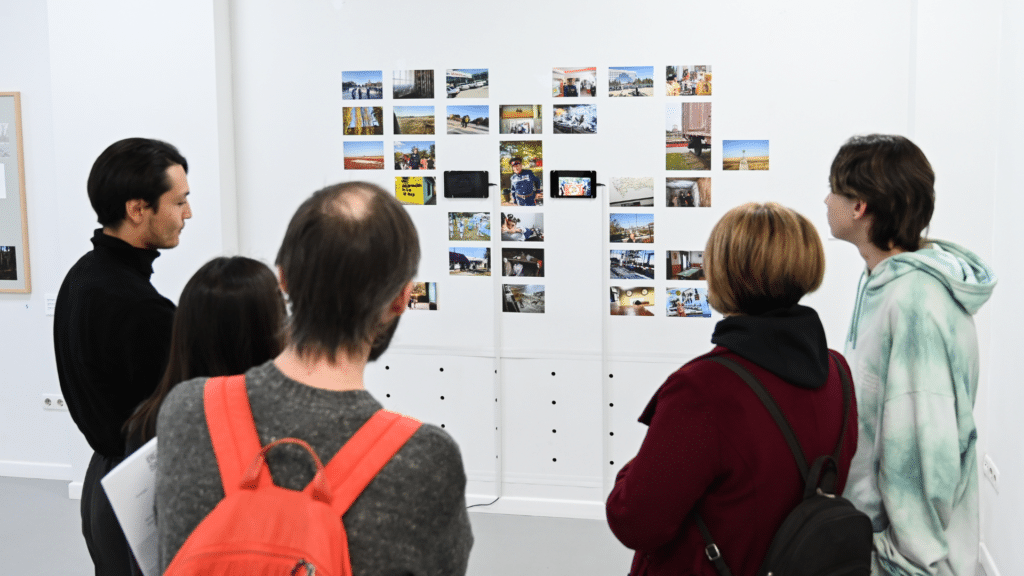
Fawaz Oyedeji, a Nigerian photographer, documents the #EndSARS resistance movement, which arose in response to years of political corruption, human rights abuse and police brutality in Nigeria. What began as peaceful protests ultimately escalated into violence, repression and the tragic deaths of young demonstrators. Oyedeji visited key protest sites in Lagos, drawing parallels between Nigeria’s past and present while capturing different phases of struggle and adaptation.
Ukrainian photographer Ira Lupu’s project, «Confession» explores the lives of young people enduring war. Her work spans several frontline Ukrainian cities, searching for a balance between the resilience of those fighting and the reality of those adapting. Her lens captures soldiers, artists, students and everyday life in a nation where each moment could be the last.
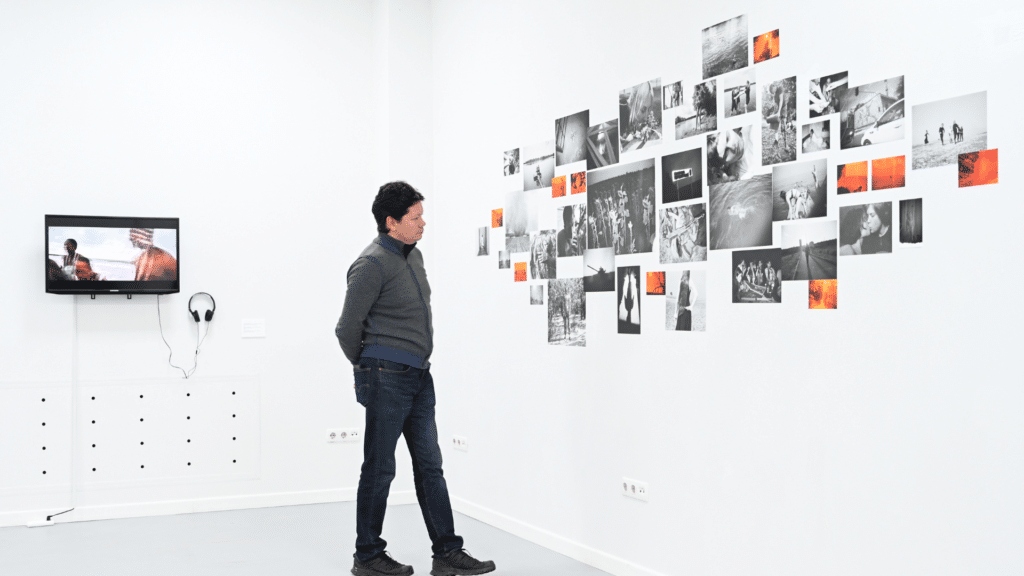
Newsha Tavakolian, an Iranian-born photographer, focuses on contemporary life in Nigeria, examining how different communities coexist in the vibrant yet often chaotic atmosphere of Lagos, the capital city of Nigeria. Her work highlights contrasting experiences: some dream of leaving the country, while others are forced to stay, adapting to harsh realities or fighting for change.
«Beyond the Silence» is a collaborative project organized by Magnum Photos, a renowned international photography cooperative, in partnership with the Odesa Photo Days festival. The exhibition is supported by the Open Society Foundations and the Ukrainian Institute. It is open at Egin Art Space until Dec. 8, with free admission.




